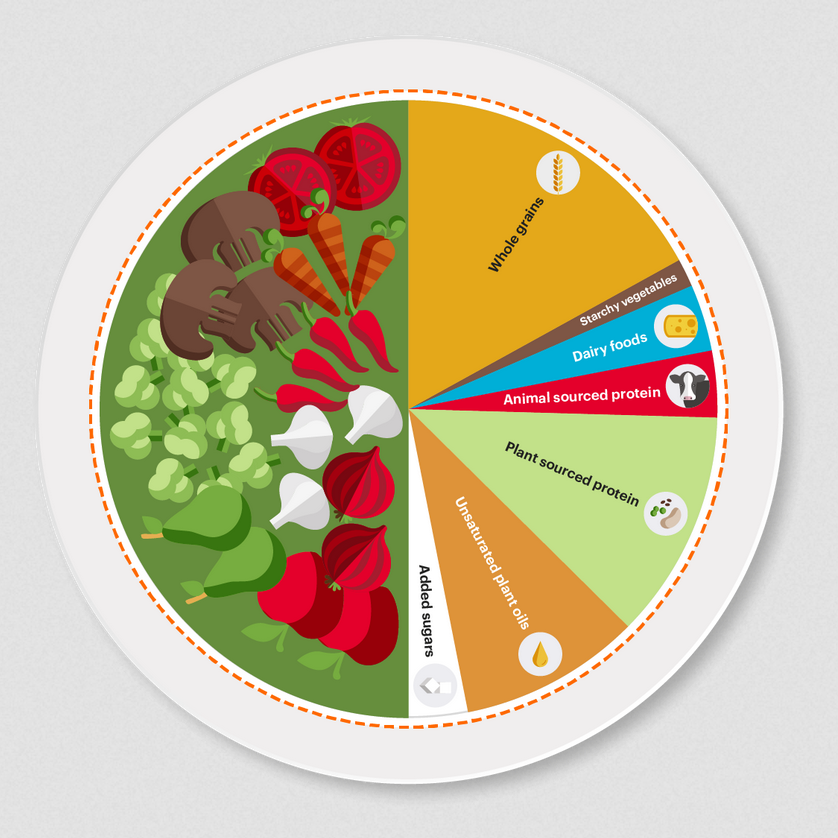A leaked document indicates that the meat industry may have been behind the extensive backlash directed at the EAT-Lancet Report, a landmark food system study published in 2019.
The EAT-Lancet report was a first-of-its-kind scientific review of what constitutes a healthy and sustainable diet. It included recommendations for speeding up food system change and described “The Planetary Health Diet,” which emphasizes nutritious, sustainable plant foods.
Some of the world’s most prominent food and nutrition experts carried out the research before publishing it in a peer-reviewed, evidence-based scientific report. However, it was met with notable backlash, much of which featured misinformation, conspiracy theories, and personal attacks.
According to a leaked document seen by investigative journalism website DeSmog, PR firm Red Flag played a significant role in fueling backlash against the report. According to DeSmog, the document indicates that Red Flag briefed journalists, think tanks, and influencers to frame the EAT-Lancet report as “radical,” “out of touch,” and “hypocritical.”
Read more: Animal Ag, Not Fossil Fuels, Is The Leading Cause Of Climate Change, Says New Study
‘Red Flag turned EAT-Lancet into a culture war issue’

Red Flag reportedly conducted its campaign against EAT-Lancet on behalf of the Animal Agriculture Alliance (AAA), which protects the industry against “emerging threats.” The AAA also features board members representing Cargill and Smithfield Foods, two of the world’s largest meat companies. The PR firm’s client list also includes companies from the tobacco and chemicals industries, along with Google, and DeSmog reported that Red Flag advises the Meat Institute.
“Red Flag turned EAT-Lancet into a culture war issue,” said Jennifer Jacquet, professor of environmental science and policy at the University of Miami and lobbying expert, per DeSmog. “Instead of having nuanced conversations about the data, Red Flag takes us back to mud slinging. […] This document is a portrait of what we’re up against – as people who care about the truth, about climate change, and about the future.”
Since the publication of the EAT-Lancet report in 2019, a growing body of research has reaffirmed its core points: that the current meat-focused food system is both unsustainable and unhealthy, and that emphasizing nutritious plant-based foods in place of animal proteins would have far-reaching benefits to human health, planetary health, and beyond.
An updated report titled EAT-Lancet 2.0 is coming later this year.
Plant Based News has reached out to both Red Flag and the Animal Agriculture Alliance for comment.
Read more: Over 130 Organizations Call For ‘EU Action Plan’ On Plant-Based Foods






